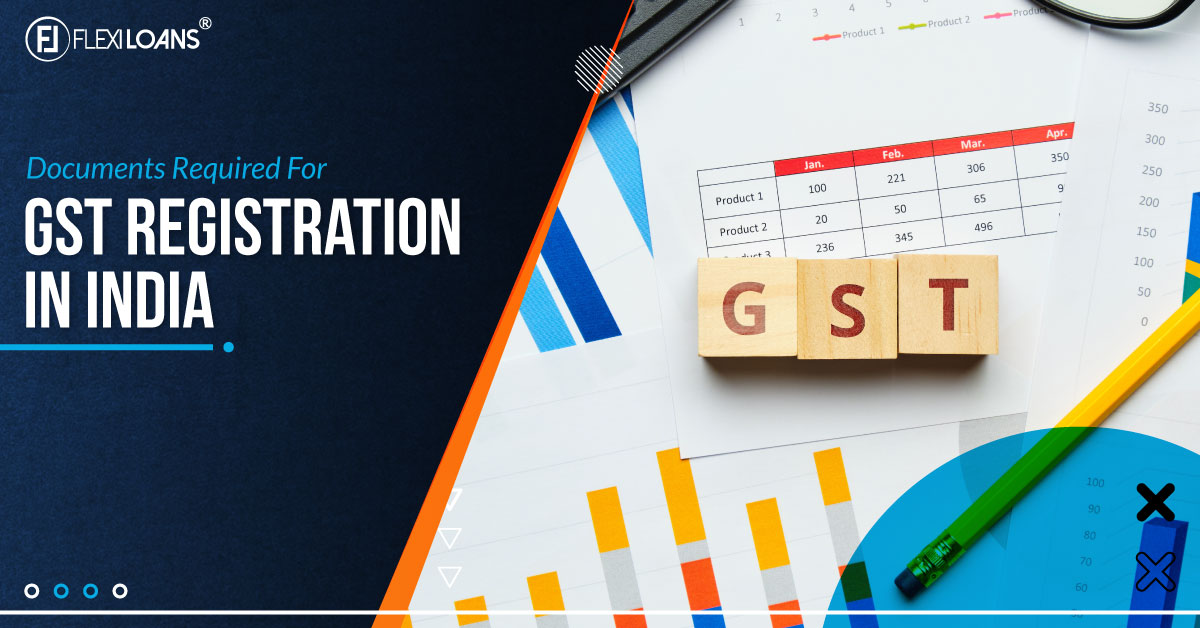Avoid Usual Mistakes in Singapore GST Registration for Your Organization
Avoid Usual Mistakes in Singapore GST Registration for Your Organization
Blog Article
Taking Full Advantage Of Tax Obligation Effectiveness: Specialist Tips on Browsing the GST Enrollment Labyrinth for Small Companies
Browsing the detailed landscape of Product and Services Tax (GST) enrollment can be a labyrinthine task for local business aiming to optimize their tax obligation performance. Understanding the qualification criteria, meticulous paperwork requirements, strategic timing factors to consider, and proficient enrollment procedure suggestions can considerably influence a business's monetary standing. Compliance with GST regulations is extremely important, and sticking to best practices can streamline operations and protect against potential mistakes. In this conversation, we will certainly explore professional insights and actionable suggestions that can encourage little organizations to navigate the GST registration labyrinth successfully and enhance their tax obligation performance.
Eligibility Standards
Eligibility requirements for Small Service GST Enrollment include specific criteria that businesses have to fulfill to abide by tax regulations. To qualify for GST enrollment, a company has to have a yearly turnover surpassing the limit established by the tax authorities, which differs by country. In addition, organizations associated with inter-state supply of solutions or items, or those offering products online, might be required to register for GST, regardless of their turn over. It is crucial for businesses to accurately identify their qualification based upon these turnover thresholds to avoid charges for non-compliance. Singapore GST Registration.

Documentation Demands
To effectively finish the process of GST registration, local business should ensure they have all essential documents in order. The required paperwork typically consists of proof of organization enrollment or address, identification and unification evidence of business owner, photos, checking account details, and evidence of the major business. Additionally, businesses require to provide details of their company tasks, consisting of the items or services provided. It is essential to make certain that all documents are accurate, up to day, and in the specified format to stop hold-ups or denials during the enrollment procedure.
Keeping all required paperwork organized and conveniently easily accessible can simplify the enrollment process and aid services abide with the requirements effectively. Precise interest to information and adherence to the paperwork standards are essential for an effective GST enrollment procedure for small organizations.
Timing Considerations
Thinking about the important documents demands have been diligently addressed, the next vital facet for local business getting started on the GST enrollment process is the calculated monitoring of timing considerations. Timing plays a pivotal role in GST enrollment, influencing not only compliance but additionally monetary aspects of the business. Small companies require to meticulously prepare the timing of their GST registration to optimize advantages and minimize possible risks.

Moreover, companies should line up the timing of their GST registration with their operational readiness. Sufficient prep work, such as updating accountancy systems and training team, is essential to seamlessly incorporate GST requirements into day-to-day operations. By tactically taking care of timing considerations, tiny services can navigate the GST registration procedure effectively and maximize their tax obligation efficiency.
Registration Process Tips
Successfully browsing the GST enrollment process requires small companies to apply positive and calculated enrollment procedure pointers. One essential pointer is to ensure all required files are conveniently offered before starting the enrollment procedure. This includes service registration documents, proof of address, financial institution statements, see post and identification proofs of business owners. Validating the accuracy of the details given is equally vital to avoid hold-ups or rejections.
In addition, understanding the thresholds and demands for GST registration based upon the details state or area where business operates is necessary. Some states have various turnover thresholds that trigger mandatory enrollment, so being notified concerning these thresholds can help businesses intend ahead.
An additional important pointer is to take into consideration looking for specialist support from accounting professionals or tax professionals who concentrate on GST registration. Their expertise can improve the procedure, lower errors, and make sure compliance with all regulations.
Compliance Finest Practices
Browsing the GST enrollment process smoothly requires not only calculated enrollment procedure tips yet also thorough adherence to compliance best techniques to ensure recurring governing alignment. Local business need to focus on compliance to prevent fines and keep an excellent standing with tax authorities. One crucial finest method is to keep accurate and thorough records of all transactions. This includes invoices, invoices, and various other financial documents that may be required for tax audits or compliance checks. Furthermore, remaining educated about any kind of changes or updates to GST regulations is necessary. Little business proprietors need to consistently assess government standards and seek specialist recommendations if needed to guarantee they are satisfying all demands. It is likewise advised to file GST returns on schedule to prevent late charges and charges. By integrating these conformity best techniques right into their procedures, tiny services can browse the intricacies of GST registration with self-confidence and effectiveness.
Final Thought
To conclude, small companies can browse the GST registration maze by ensuring they fulfill eligibility requirements, gather needed paperwork, think about timing effects, follow registration process navigate to this site suggestions, and follow compliance best techniques. By making the most of tax obligation effectiveness via correct GST registration, organizations can boost their economic monitoring and procedures.
Browsing the intricate landscape of Goods and Services Tax Obligation (GST) registration can be a labyrinthine job for tiny services intending to optimize their tax obligation efficiency.Eligibility demands for Small Service GST Registration incorporate details requirements that companies need to satisfy to comply with tax regulations. The needed documentation normally consists of proof of business registration or address, incorporation and identity proofs of the company proprietor, photographs, bank account details, and evidence of the principal place of business. In addition, businesses require to provide information of their company activities, consisting of the services or goods supplied.Successfully browsing the GST enrollment process needs small services to execute critical and proactive enrollment procedure pointers.
Report this page